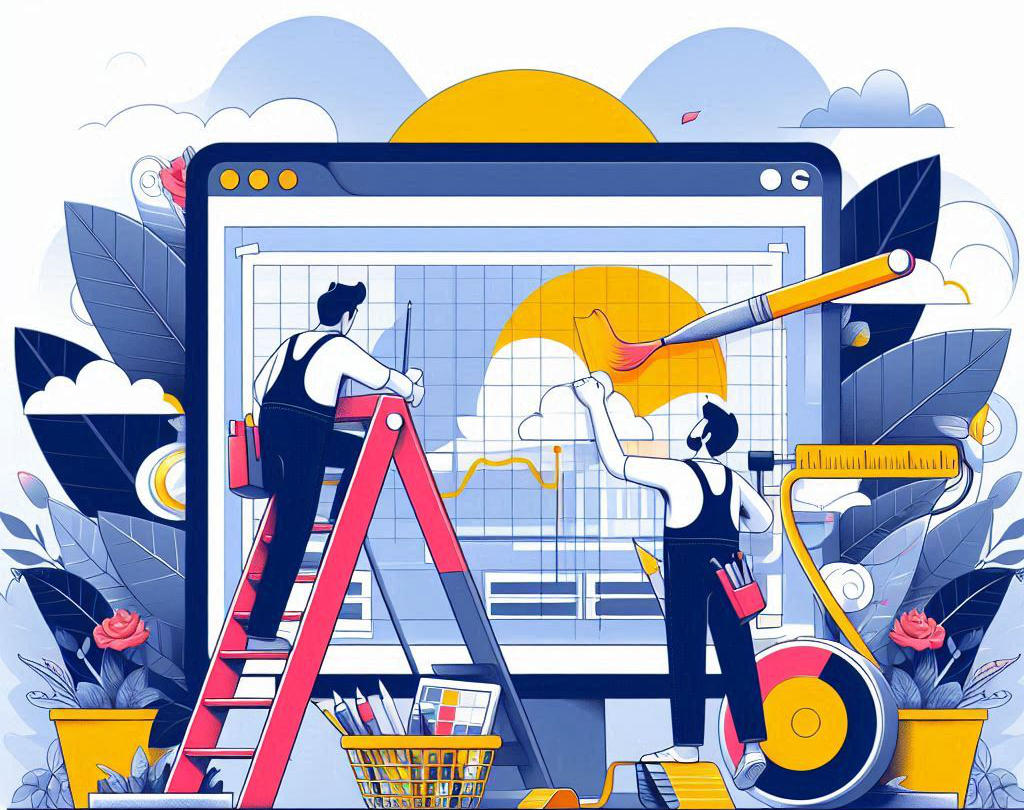Bienvenue sur le site ragedexister.com
Veuillez nous excuser pour ce désagrément, suite à un problème technique le site est en cours de refonte.
Nous serons bientôt de retour !

Veuillez nous excuser pour ce désagrément, suite à un problème technique le site est en cours de refonte.
Nous serons bientôt de retour !
